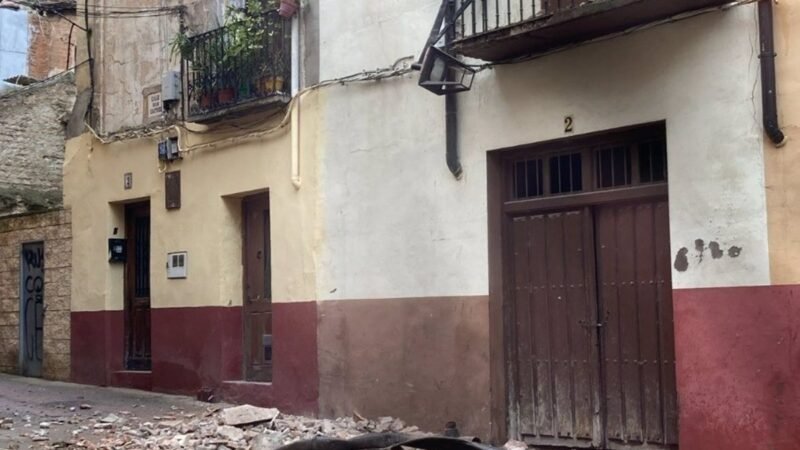Apoyo positivo a propuestas de la Comisión para el sector del vino en Rioja, pero se requiere financiación europea adicional.

The government of Rioja and the sector of producers in the region have positively appreciated the specific package of measures that the European Commission has recently proposed to modify up to three European regulations and help the wine sector manage its productive potential, adapt to new consumption trends, and take advantage of new market opportunities.
This was highlighted in the working meeting that took place on Monday, March 31, with the Minister of Agriculture, Noemí Manzanos, and representatives of professional agricultural organizations (OPA) in La Rioja (Arag-Asaja, Uag, and UPA).
In this sense, this proposal has been evaluated as «a first step, another tool to advance the common goal of restoring balance in the sector.» However, its effectiveness is conditioned on these new measures being accompanied by «sufficient financing,» regardless of the support provided in the sectoral wine intervention (ISV).
In this regard, and considering that this is an initial proposal, it will work in La Rioja, so these measures have new European funds and, in terms of Co financing, an effort is being made by the Ministry of Agriculture to implement these changes so that the funding does not fall solely on the autonomous communities.
«The possibility of allowing national payments for green or voluntary crops starts in cases justified by the crisis, making it easier to implement in the near future, but it is necessary for all administrations to be economically involved,» said Noemí Manzanos.
The fact that Member States have the option to voluntarily withdraw from Vineyard offers winemakers another tool to make decisions about their investments. Furthermore, extending the validity period of replanting authorizations from 3 to 8 years and the removal of sanctions provide winemakers with greater peace of mind, giving them enough time to make decisions based on market developments.
Another important initiative concerns the restructuring and conversion of vineyards, giving priority to qualitative actions that seek to avoid increasing yields.
This is precisely the path that La Rioja has followed in the last two campaigns, reducing the productive potential in white and minority grape varieties by approximately 600 hectares. Additionally, it is considered positive to extend the duration of EU campaigns to promote wines in third-country markets from three to five years, ensuring better promotion of European wines.
Another proposed change that may be of great interest to wineries is related to establishing clearer regulations that facilitate the marketing of wine products with lower alcohol content, naked wines, alcohol-free wines, and flavored products.
To boost wine tourism, the Commission establishes that aid can reach up to 80 percent of the investment, and the same percentage is maintained for investments aimed at mitigating climate change. To implement all these measures, the modification of these regulations must be ratified by the European Parliament and the Council of the European Union and presented to the various national parliaments.
FUENTE







